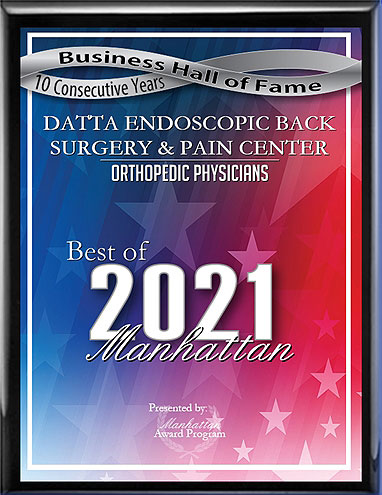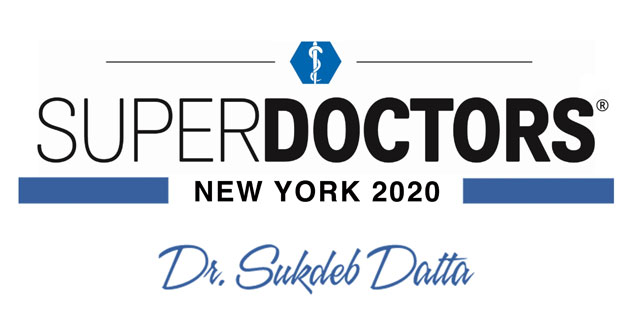Sciatica is a condition in which the sciatic nerve, which runs from the lower back through the leg, becomes inflamed. Sciatica treatment can take many forms, and sciatica stretches often form an important part of treatment. Being safe when performing sciatica stretches is essential.
Understanding Sciatica
Sciatica occurs when the sciatic nerve becomes inflamed or compressed. This can occur for a wide variety of reasons. Sometimes, tightness in the piriformis muscle, which lies in the buttocks, is responsible. Other times, diseases of the spine, such as herniated discs and bulging discs, cause compression of the sciatic nerve.
In mild cases of sciatica, taking steps such as stretching to control flare-ups are sufficient to manage symptoms. On the other hand, moderate to severe cases may require more intensive treatment. The right choice depends on the nature of the symptoms, the cause of the condition, and how the patient has responded to past treatments.
Stretching Safety Guidelines
It is important to stay safe when performing your sciatica stretches. Incorporate these guidelines into your stretching:
- Never start a stretching or exercise regimen designed to treat a medical problem without consulting with a physician
- Perform stretches twice a day for maximum effects
- Always stretch both sides equally, even if only one side has symptoms
- Never force your way into a stretch
- Never bounce into a stretch
- If it starts to hurt, stop
Other Sciatica Treatments
Sciatica stretches can form an important part of treatment and long-term management, especially for cases caused by piriformis syndrome. However, other treatments may also be necessary, particularly for cases caused by spine conditions. Some additional sciatica treatments include:
- Physical therapy - Exercises can help strengthen the spine and the muscles that support it and improve alignment as well as relieving tension.
- Non-steroidal anti-inflammatory drugs (NSAIDs) - Drugs like Aleve and Advil can help manage symptoms. Do not take over-the-counter medications on a long-term basis without consulting with a physician first.
- Epidural steroid injections - Injecting steroid medication into the epidural space of the spine can provide relief from inflammation.
- Minimally invasive spine surgery - Procedures like laser spine surgery can be used to treat common conditions such as herniated discs, if other treatments have been effective.
- Traditional spine surgery - Used to treat more extensive or severe conditions.
If you are interested in treatment for your sciatica, Dr. Sukdeb Datta would be happy to hear from you. To schedule your consultation today, please click below and enter your information or call the Datta Endoscopic Back Surgery and Pain Center at (212) 430-0312.






 EDISCSCULPT
EDISCSCULPT



